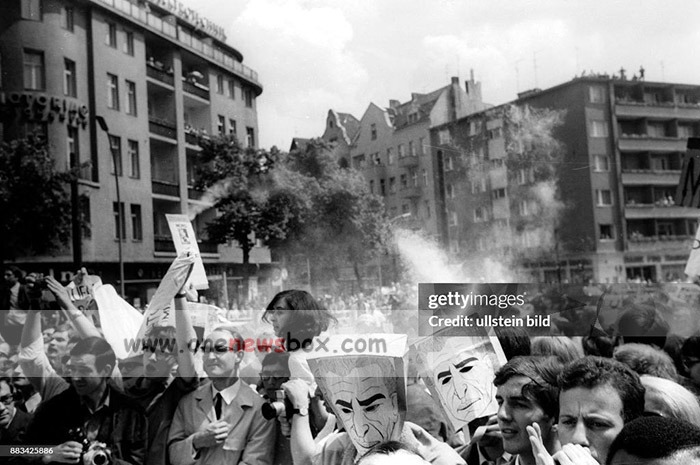The revolution’s eventual success only seemed to confirm these suspicions in the Shah’s mind. On his deathbed, in exile, he still insisted that the West had turned against him. He died believing that he had been sacrificed on the altar of oil politics and Cold War realignment, a tragic pawn discarded after decades of loyal service.
Yet this is not the whole story. While the Shah’s paranoia was certainly exaggerated, it was not entirely unfounded. British and American interference in Iranian politics had a long and well-documented history. From the 1907 Anglo-Russian Convention to the 1953 coup, foreign manipulation had shaped Iran’s fate time and again. Oil interests played a major role in shaping Western policy in the region, and the Shah’s increasing assertiveness—particularly in OPEC—had annoyed powerful players. His support for the Palestinian cause, though never particularly consistent, also alienated some of his Western allies.
But these geopolitical realities do not fully explain the Shah’s fall. His regime was marked by widespread repression, censorship, torture, and corruption. The secret police (SAVAK) maintained an atmosphere of fear. The economic boom of the early 1970s was followed by severe inflation, social inequality, and rising discontent among both secular and religious groups. His White Revolution alienated the clergy while failing to provide a sustainable political platform for modernization. The Shah ruled without political parties of substance, dismissing dissent rather than channeling it into constructive dialogue. By the time protests erupted in 1978, the regime had no legitimacy among vast sections of the population.

